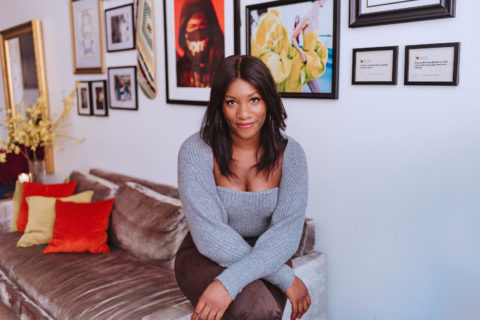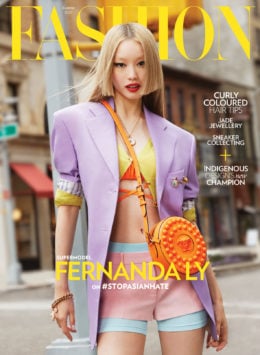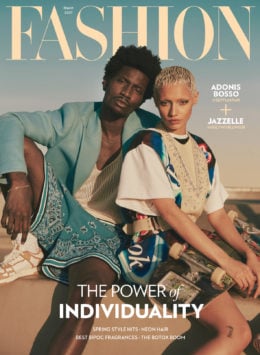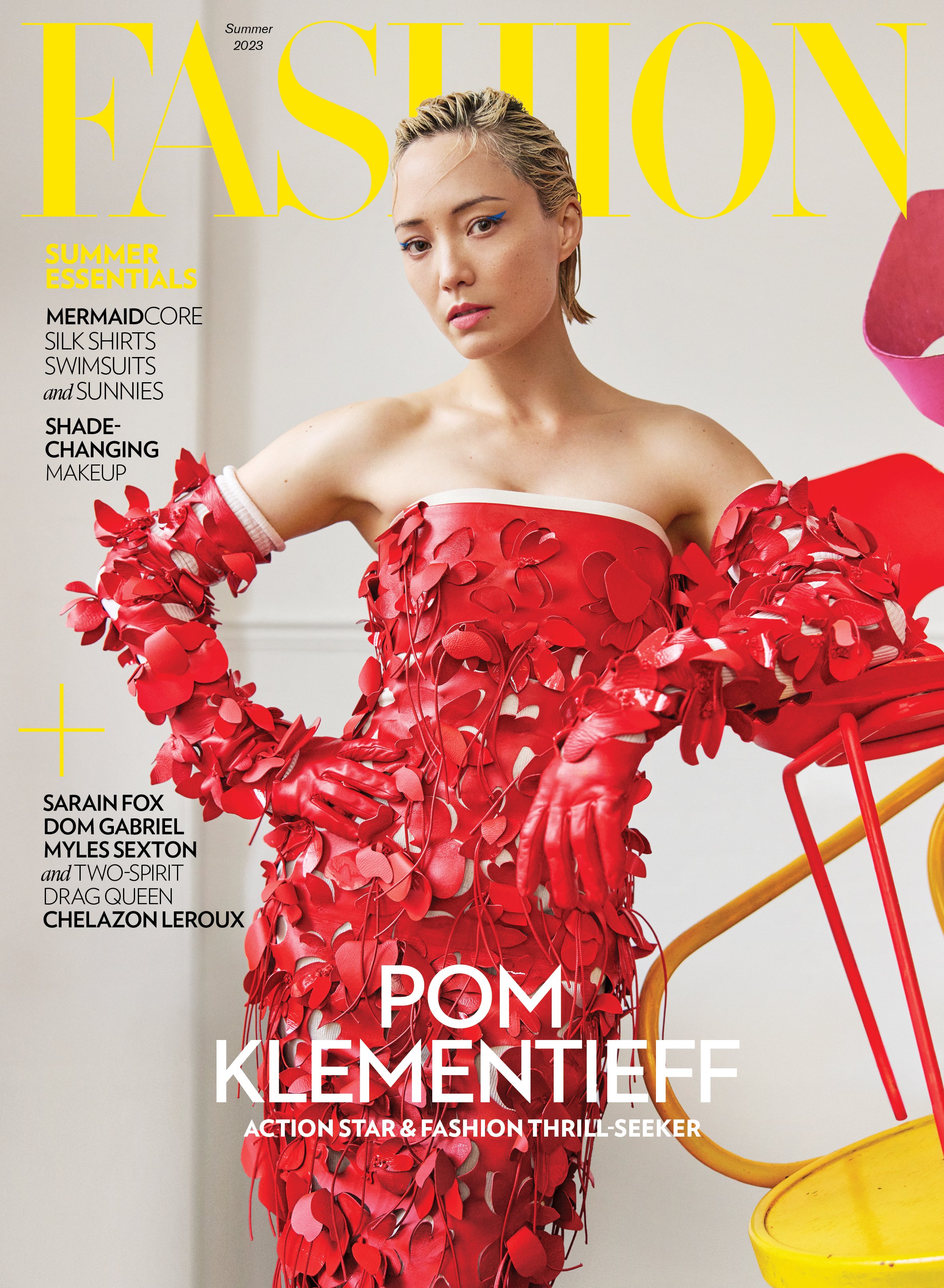Danielle Prescod’s Memoir Token Black Girl Confronts the Uncomfortable
We spoke to the former fashion editor about "white and thin" beauty standards, learning to identify racial microaggressions, and the importance of decentering whiteness.
Truth be told, I’ve been following Danielle Prescod for years. Her career trajectory within fashion media, spanning Teen Vogue, InStyle and BET, is one that “a million girls would kill for” (myself included). So when she announced she was releasing a memoir, Token Black Girl, about her elite upbringing, the challenges she faced at coveted media jobs, and the impact that pop culture had on her self-worth, it was an instant add to cart.
I too am a token Black girl and knew I’d be in for an insightful read. Five pages in, I was in tears, replaying buried scenes from my youth. (Hello, therapy? I’m back!) Her experiences mirror so many of my own; from always being assigned Scary Spice and developing a disdain for water in regards to my hair, to often feeling weird but not having the tools or language to identify what a microaggression was.
Token Black Girl is essential reading for anyone hoping to understand how proximity to whiteness affects Black people. Here, my chat with Prescod about how a journey of healing forced her to question the origins of her belief systems and ultimately led her to write the bestselling memoir.
Token Black Girl is both a memoir of your life and an exposé on the fashion industry. What was the catalyst that led to you writing this book?
I wanted to write a book for a long time. I love memoirs but I thought that writing [one] meant you had to have something horrific happen that you’re on the other side of. I’ve got two parents who really love me, a sister who loves me, and I have good friends and a job — my story is irrelevant in this genre. But I froze my eggs when I turned 30. And because of that, I gained a bunch of weight. And that accelerated a healing process from my eating disorder. So actually, this entire book started from me trying to heal from [my eating disorder].
Working with my therapist she would always say, ‘self-love, self-love, self-love.’ And I’d tell her ‘I love myself so I don’t know what you’re talking about.’ But really, what I had was a framework of loving myself that was conditional. I only love myself if I look like this, I only love myself if I have this job. I only love myself if I live in this kind of apartment. I thought, where does that come from? Why have I always thought this? I think a lot of people don’t ever question the origins of their belief systems. But I had to.
I started working backwards, [asking myself] ‘why do I have to be skinny to be successful? Why does my hair need to be done all the time?’ And the answer was white supremacy and the crazy influence white supremacy had over my life for so long. Once I figured that out, it became so much easier to put the other pieces together.

How did you navigate traditional beauty standards as a Black woman working in media and shift away from them now that you’re no longer in the industry?
Very few people really exist free from the pressures of beauty standards. Personally, I am not [free from beauty standards] but, in the book, I make a big effort to try to figure out their origins and who is most served by adherence to them. Now that I operate somewhat on the fringes of fashion, I’m able to be a bit more flexible in what I choose to do but while I was actively operating in the industry, I had a lot of people to answer to who often assumed that thin and white was the pinnacle of beauty. Even if they dropped the racial requirement, thin was still the standard. It’s something I have to work on every day and it is not easy.
For those who want to work in fashion, beauty, or media, how can they be agents of change in those spaces from the start?
You aren’t going to change anything from the start. Even things that seem to happen overnight take years of preparation. Plus, in the beginning of your career, the worst mistake you can make is thinking that you know best. When you’re starting out, it’s a time to observe, learn and understand.
For ways that individuals can make personal shifts in their mindsets, diversify the media you consume and invest in materials where you might not be the target audience but still can find value in them. The internet and streaming networks make this pretty easy but you have to stay engaged. Like posts by creators of colour, make sure you follow them. Watch shows that star someone of another race and try to see yourself in the experience rather than evaluating it as separate from you. This helps foster empathy and decenter whiteness, which should always be the goal.
This book offers a level of authenticity that I would have killed for growing up. If you were given this book at 16, how do you think it would have impacted you?
I would have loved to have this book at 16 because it would have given me, if nothing else, vocabulary. You know something makes you feel weird, you know something is not right, but I didn’t have any vocabulary for what a microaggression was. Just being able to have language to address things specifically would have given me more confidence.
Growing up, I had dial-up internet, we didn’t have Twitter, or TikTok, or hashtags. Black Girl Magic was not a thing. You felt very alone. I was writing in my diary, all by myself, and thinking that there was no one else who could possibly understand. This book is an exercise in community building, because as soon as I say, ‘I’m a token Black girl,’ other girls are like ‘me, too, me too, me too.’
Token Black Girl: A Memoir, $35, amazon.ca






